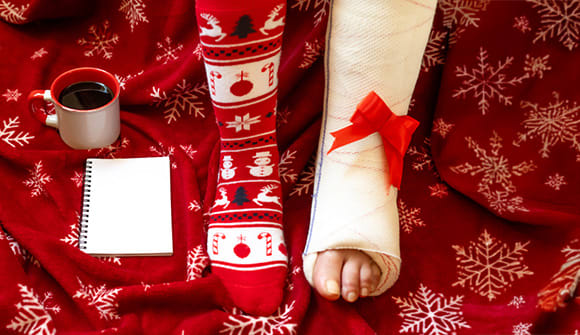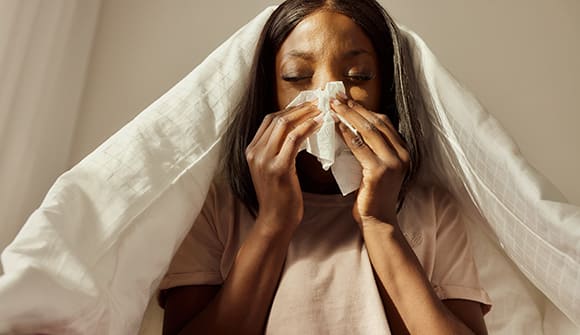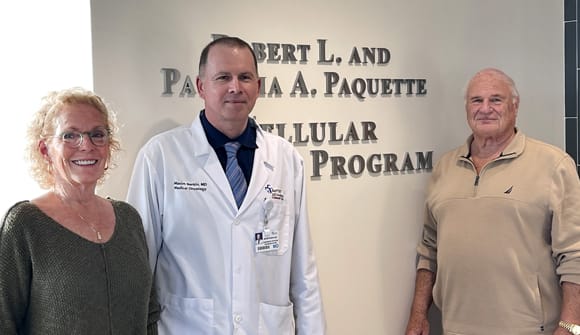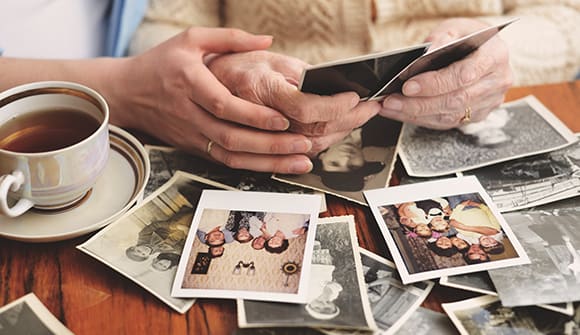Deciphering ‘DocTok’
The pros and cons of TikTok’s health advice.
Article Date:
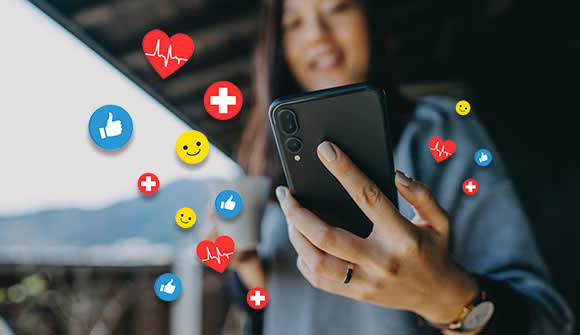
TikTok is a go-to infotainment platform for people who want to find new recipes, learn trending dance moves and watch popular dog videos. But how helpful is it for health advice?
Eddy Gutierrez, MD, a critical care specialist at Baptist Medical Center Jacksonville, recently started posting on TikTok after accruing 75,000 followers on his Instagram account. So, his top tip for people going to social media for health information might come as a surprise.
“I don’t think you should use TikTok for medical advice,” he said.
Talking 'DocTok'
TikTok is a social networking app that lets users create and share short videos on any topic. After launching in 2016, it was quickly adopted primarily by thousands of lip-syncing teens.
These days, TikTok also includes posts from comics, celebrity influencers and brands like Coca-Cola®. Content about health news and trends has grown as well. Posts from medical professionals and non-professionals alike share guidance on diets, vaccines, and everything in between. The medical advice has even been coined “DocTok.”
For doctors, social media apps like TikTok cut both ways. They have the power to quickly deploy life-saving information to people who need it most, but they also can spread misinformation just as fast.
How TikTok can help
Despite his reservations, Dr. Gutierrez said the app has its upsides for the health industry. For example:
TikTok can spark conversations between health professionals. When people visit Dr. Gutierrez (aka @eddyjoemd) on TikTok, they find posts on topics like cardiogenic shock or managing sepsis in the ER. The content isn’t geared toward the public, but rather for critical care physicians and staff.
“I have a passion for education,” Dr. Gutierrez said. “When I used to train medical students, residents and fellows, I would speak to 10 to 15 people at a time. With social media, I can reach 100,000 people.”
TikTok can foster basic medical literacy. The words doctors use to describe conditions and procedures can be intimidating. As patients struggle in the ER, families looking for answers often scan their phones.
“If they’re trying to establish a baseline knowledge of their loved one’s condition, it could be helpful for them to take in a 60-second video that can guide them on terminology and the sources of medical data,” Dr. Gutierrez said.
TikTok can get official health announcements out quickly. During the COVID-19 pandemic, the platform created a hub to share engaging and trustworthy medical information about the disease. The National Institutes of Health studied it and said it showed there are opportunities for public health agencies to use TikTok to engage and educate community members during a health crisis.
How TikTok can hurt
Unfortunately, there are also plenty of ways the social media platform can lead members of the public in the wrong direction:
It’s filled with misinformation. Health advice on TikTok often comes from people who aren’t licensed medical professionals. Sometimes, the advice is comically harmless, like putting garlic in your nose to clear your sinuses. But in other cases, the bad advice is consequential. During the pandemic, Dr. Gutierrez spoke to several families about treatment advice given by online personalities.
“I realize sometimes unorthodox methods can have validity, but some of the treatment recommendations were completely off the rails,” Dr. Gutierrez said. “And still, these content creators had multiple millions of views and likes on their videos.”
Misinformation seems to get priority. The algorithm that places medical information high on a newsfeed tends to favor clicks and likes. That can incentivize the wrong type of information, Dr. Gutierrez said.
“Sensational or polarizing posts seem to grab the most attention,” he said. “It can be very ugly and potentially, very dangerous.”
The bottom line
Still, when a new amazing weight loss method shows up on your feed, it can be hard to resist a click. Is there a way for the average person to vet TikTok’s health advice? Dr. Gutierrez advised against it.
“It would be so hard for a layperson to decide what's worthwhile content and what’s not. You really need to have some kind of professional background to figure it out,” he said. “The person you should be getting advice from is your health care professional.”
If you have questions about health advice you found online, speak with your primary care physician. To find the right one for you, call 904.202.4YOU.
Source: National Library of Medicine
